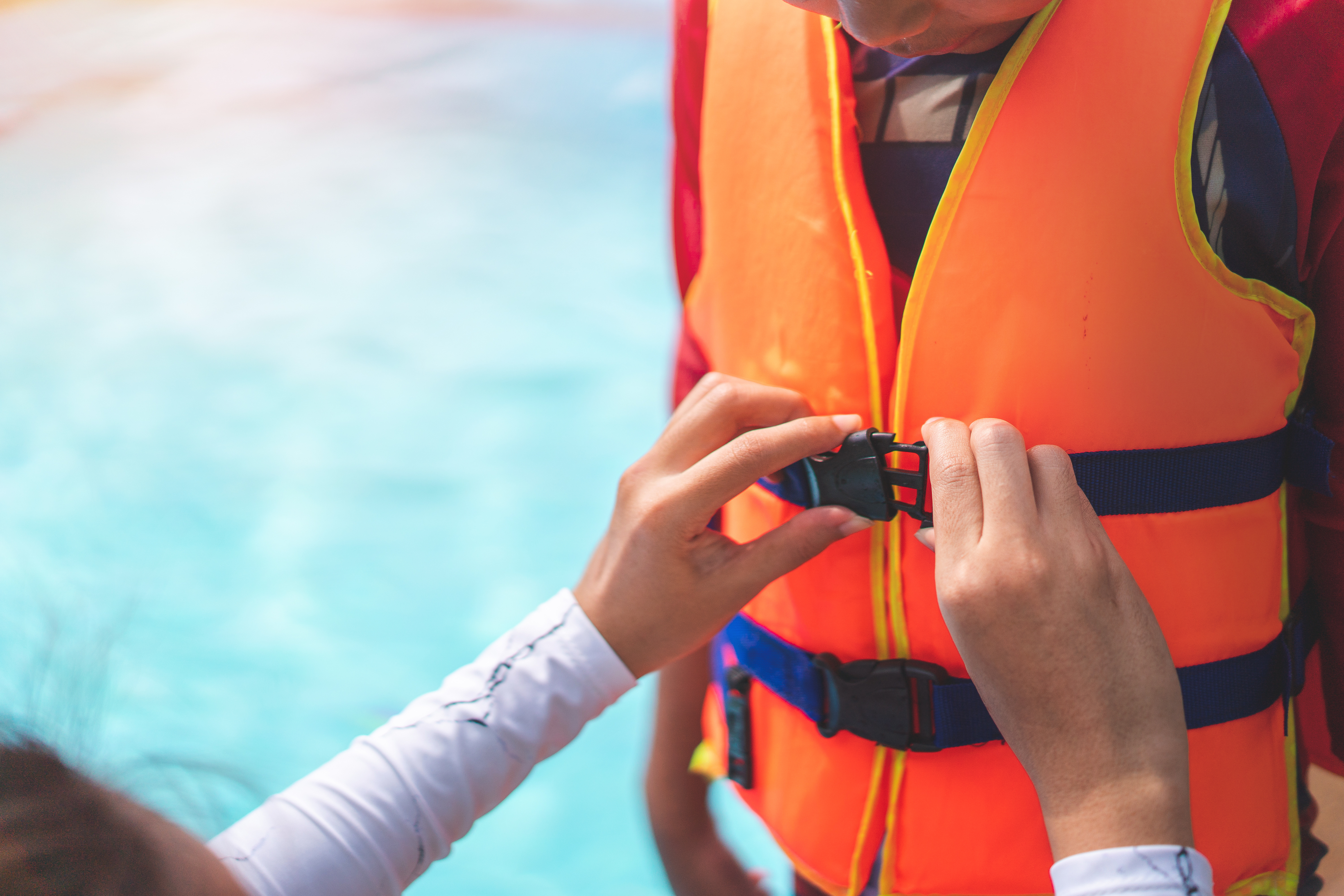
Insightful words from a pediatric psychologist
2 February 2026
Rise in respiratory infections and measles outbreak: important infection prevention measures at the Montreal Children’s Hospital.
Read moreWelcome to the Montreal Children's Hospital

3 July 2025
Summer safety starts here: creating memories for the right reasons
Every summer, the MCH Emergency Department treats more than 4,000 children and teens with assorted traumatic injuries, the majority of which are preventable.
In Quebec, one child or teen is seen in emergency rooms for drowning or near drowning each day in the summer. The MCH Trauma Centre sees at least one drowning or near drowning per week over the summer months.
According to the MCH Trauma Centre’s Canadian Hospitals Injury Reporting and Prevention Program (CHIRPP) data, 73 per cent of drownings seen in the MCH Emergency Department occurred in home pools, park pools, aquatic centres or water parks. In terms of home pools, 50 per cent of drownings happened in ground pools and the other half, in above-ground pools.
Preventing drowning requires a multipronged approach:
The government amended the Residential Swimming Pool Safety Act, requiring all owners of swimming pools in Quebec to install fencing and to ensure there is no direct access from the home to the pool. The government has given owners of older pools a grace period until September 2025 to conform to the new rules. Timely action is recommended.
Urgences-santé and the MCH Trauma Centre experts emphasize the following life-saving measures to prevent drowning:
“Every summer, our paramedics are called upon to intervene urgently with children who have drowned or suffered other accidents related to activities around water. These situations, often avoidable, remind us how essential prevention is. As paramedics, we know that every second counts and that every act of prevention is a worthwhile investment. That’s why Urgences-santé is proud to partner with the Montreal Children’s Hospital Trauma Centre to raise awareness of these serious issues,” says Stéphane Smith, Director of Communications, Urgences-santé.
At least 15 young children are seen at the MCH Trauma Centre each summer after falling from a window or balcony.
Screens are useful for keeping insects out, but are not strong enough to keep children in. They are flimsy and are weak barriers giving a false sense of security. Children can easily push through and fall out, sustaining life-threatening injuries.
Follow these important tips to keep them safe.
Windows:
Balconies:
It has been two years since Quebec launched a pilot project authorizing e-scooters and other motorized personal mobility devices such as gyroscopic vehicles on the road. This year, the MCH Trauma Centre has already treated more than quadruple the number of patients with e-scooter-related injuries seen in the same period last year.
“More than half of all injuries from e-scooters seen at the MCH Trauma Centre were in youth under the age of 14 with only 50 per cent wearing helmets,” underlines Debbie Friedman, MCH Trauma Director, Canadian Hospitals Injury Reporting and Prevention Program Director and Associate Professor in the Department of Pediatrics and Pediatric Surgery at McGill University.
Some of the injuries sustained include traumatic brain injuries, facial and dental trauma, assorted fractures, lacerations and sprains, she reports.
The current regulations in Quebec include:
The MCH Trauma Centre has reflected on additional recommendations that can further enhance the safety of the population:
“Legislation is useful if there is adequate enforcement, but will not prevent all injuries. If using an e-scooter, it is important to know the risks involved, be aware of the road rules, know where e-scooters are permitted and make sure to wear a properly fitted helmet, with a tightly closed strap,” reminds Liane Fransblow, Trauma Coordinator of the MCH Injury Prevention Program.
The MCH Trauma Centre and Urgences-santé urge everyone to follow the prevention recommendations and not let a beautiful day end in a preventable, life-altering tragic event.
For more injury prevention recommendations, visit Urgences-santé’s website and the MCH website.